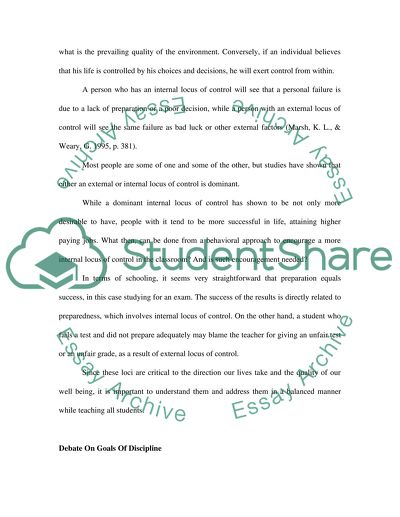Cite this document
(“Debates On Student Discipline: Understanding Behavior Essay”, n.d.)
Debates On Student Discipline: Understanding Behavior Essay. Retrieved from https://studentshare.org/education/1502664-debates-on-student-discipline-understanding-behavior
Debates On Student Discipline: Understanding Behavior Essay. Retrieved from https://studentshare.org/education/1502664-debates-on-student-discipline-understanding-behavior
(Debates On Student Discipline: Understanding Behavior Essay)
Debates On Student Discipline: Understanding Behavior Essay. https://studentshare.org/education/1502664-debates-on-student-discipline-understanding-behavior.
Debates On Student Discipline: Understanding Behavior Essay. https://studentshare.org/education/1502664-debates-on-student-discipline-understanding-behavior.
“Debates On Student Discipline: Understanding Behavior Essay”, n.d. https://studentshare.org/education/1502664-debates-on-student-discipline-understanding-behavior.


